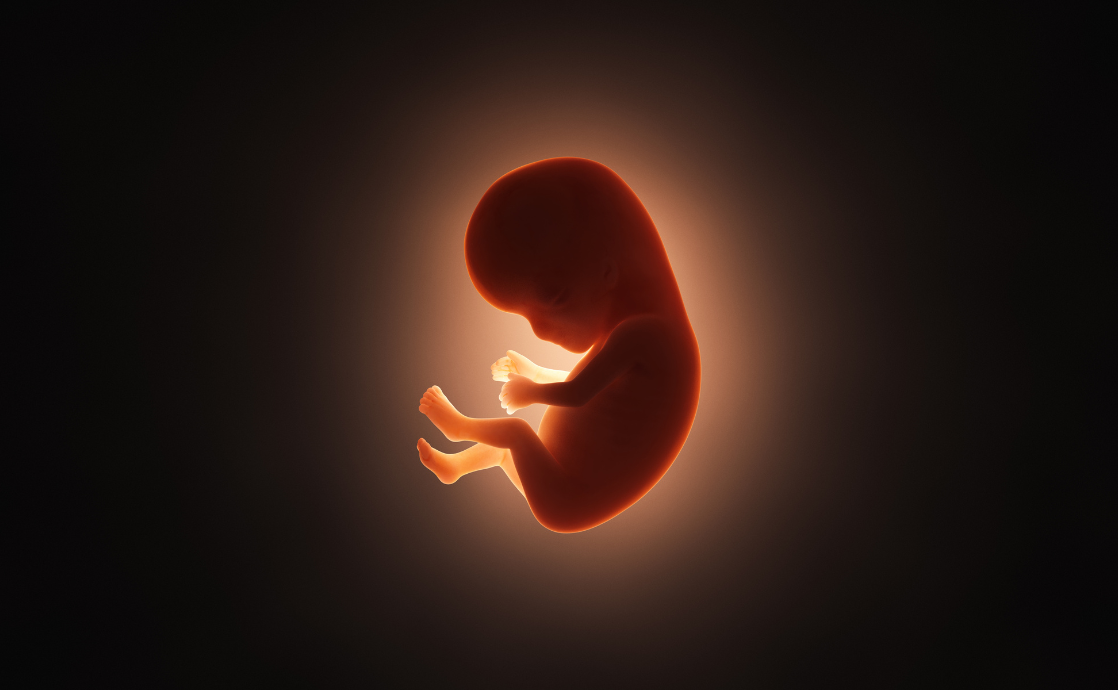The profound inquiry into the inception of life and the spiritual essence encapsulated within it, particularly regarding eggs, zygotes, and embryos, is a pivotal topic within the framework of Bahá’í teachings. This exploration not only challenges conventional perspectives but also evokes a deeper comprehension of existence and the nuances that accompany the genesis of life. The Bahá’í Faith, with its advocacy for unity and the intrinsic sanctity of life, offers a rich tapestry of ideation on this matter, prompting adherents and scholars alike to engage with its tenets thoughtfully.
To commence, it is imperative to delineate the conceptual difference between biological life and the life of the soul. Within Bahá’í teachings, life is recognized as a continuum, commencing at different stages of development. Eggs and zygotes, while they represent the initial biological phases of human life, are not necessarily imbued with the soul until certain conditions are met. This distinction invites an introspective examination of when life not only begins biologically but also spiritually.
The Bahá’í Faith suggests that the soul, a divine gift, is conferred at the moment the potential for individuality emerges. This consciousness-driven soul does not manifest at the cellular level but rather when a fetus develops to a stage characterized by sentience and awareness. Therefore, while biological processes initiate at conception, the ennobled aspect of being—often revered as the soul—requires a more complex interplay of elements, including the conditions of existence and the divine will.
Examining the teachings of ‘Abdu’l-Bahá provides further elucidation. He articulates that the soul might be attracted to the embryo in conjunction with its progression to sentience. Thus, one can postulate that this divine spark, the soul, binds with the body as development advances, distinguishing genetic kinetics from spiritual significance. This perspective asserts that early-stage life, such as a zygote, while crucial in the biological sequence, does not encapsulate the entirety of human existence or value, marking a pivotal shift in ethical considerations surrounding issues such as abortion and reproductive rights within the Bahá’í community.
Moreover, this cogitation prompts a critical evaluation of the implications of biological advancements on ethical dilemmas. With the advent of technologies like in vitro fertilization and genetic engineering, the discourse surrounding embryos has become increasingly complex. The Bahá’í perspective reaffirms the importance of ethical considerations that prioritize the welfare of the individual and society at large. The sanctity of the human soul renders a mere biological classification inadequate in delineating moral obligations. Thus, addressing these modern developments becomes not merely a matter of legality but an intricate moral quandary that aligns with the Bahá’í imperative for justice.
This raises the question—how does society reconcile the scientific understanding of life with spiritual consciousness? The Bahá’í teachings advocate for an integrative approach, merging scientific inquiry with spiritual insight. Through this lens, understanding the biological parameters does not overshadow the essential qualities of compassion, responsibility, and ethical guardianship expected from humanity. The Bahá’í principle of unity emphasizes that knowledge, when aligned with virtue, cultivates profound respect for life in all its stages and forms.
As one delves deeper, the concept of individual identity emerges as crucial in this discussion. The Bahá’í faith posits that each soul is unique, preordained for existence from the moment of conception—even if the spiritual dimension is not activated immediately. Thus, the evolution of identity and consciousness occurs progressively, urging believers to honor life from conception while acknowledging the sanctity and dignity that imbues an individual after consciousness develops.
In propounding these views, the Bahá’í teachings navigate through ethical complexities with a deftness that considers both scientific discovery and moral accountability. This duality fosters a culture of dialogue rather than division, enabling discourse that respects the myriad of beliefs yet remains anchored in the principles of human rights and dignity. Such engagement invites various stakeholders—scientists, ethicists, and theologians—to collaborate and debate, enriching the collective understanding of life’s inception and the soul’s role within it.
In conclusion, the examination of eggs, zygotes, and embryos through the lens of Bahá’í teachings heralds a transformative approach to understanding life and the soul. By asserting that true life transcends mere biological function and taps into the spiritual essence of existence, the Bahá’í perspective challenges conventional narratives while encouraging a more empathetic and informed society. The inquiry serves not only as an intellectual exercise but as a profound invitation to cultivate a worldview that honors the sanctity of life in all its dimensions, fostering a future where science and spirituality coexist harmoniously.
Ultimately, as humanity grapples with these questions, the Bahá’í teachings stand as a beacon of enlightenment, beckoning us to consider our interpretations, responsibilities, and beliefs regarding the beginning of life and the profound journey of the soul. This transformative understanding promises not only to enrich individual lives but also to elevate the collective moral consciousness of society.
